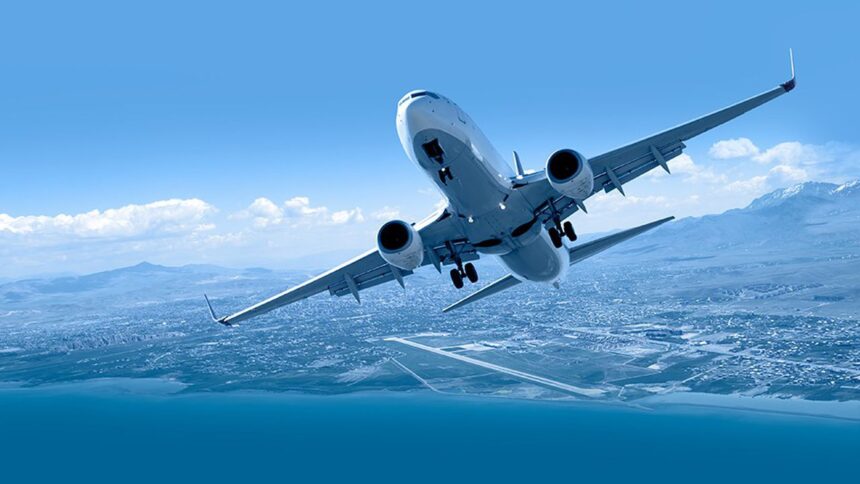Travelers from around the world have returned to the skies and airlines are rejoicing, although in the West, some unforeseen challenges, including strikes, seem to be delaying this triumphant return somewhat.
Severely affected by the health crisis that forced countries to close their airports, airlines suffered cumulative losses of nearly 190 billion dollars between 2020 and 2022, according to the International Air Transport Association (IATA).
However, the worst happened and the storm calmed down, according to aviation industry experts. While business travel has been booming since February, non-essential travel (tourism, leisure) appears to have recently picked up and has seen a double-digit increase, according to McKinsey.
Business travel is booming, international travel is returning, and despite new challenges, the sector’s recovery is reviving. In addition, corporate travel policies are being redesigned and employees are generally willing to travel for business, according to a recent survey by the Global Business Travel Association (GBTA), the world’s leading association serving the business travel industry.
In Africa, although Travel Pulse estimates that in the second quarter of this year, international arrivals are at -33% compared to 2019 levels, several destinations in Africa already seem to be showing very good results, and tourists are starting to return slowly but surely.
“Booking levels and travel expenses continue to increase, and there are high levels of optimism and employee willingness to travel for business. This comes at a time when the sector is facing challenges beyond COVID-19, including rising fuel prices, inflation, supply chain disruption, and the war in Ukraine,” said Suzanne Neufang, CEO of GBTA, in a statement posted on the organization’s website. Now it’s time to tighten the belts, says McKinsey, adding that if they want to get back to pace after staff shortages and flight cancellations, airlines need to focus on four key areas.
Re-employment
“Bring back the capacity by reactivating pilots and cabin crew, preparing aircraft on the ground for service, and re-employing and training service personnel,” McKinsey recommends. According to this international strategy consultancy based in New York, airlines would be better off investing in digital operations, including new technologies that help resolve unfortunate complaints about post-pandemic travel. “Anticipate changes in demand and optimize pricing based on changing passenger habits and behaviors,” advises McKinsey. Finally, he concludes: “devotes resources to numerical analysis to help identify emerging trends and look for



